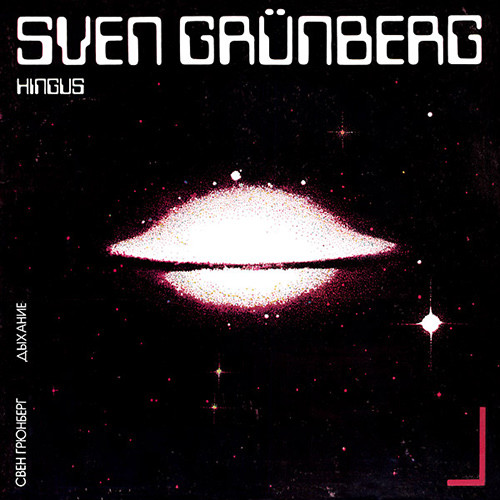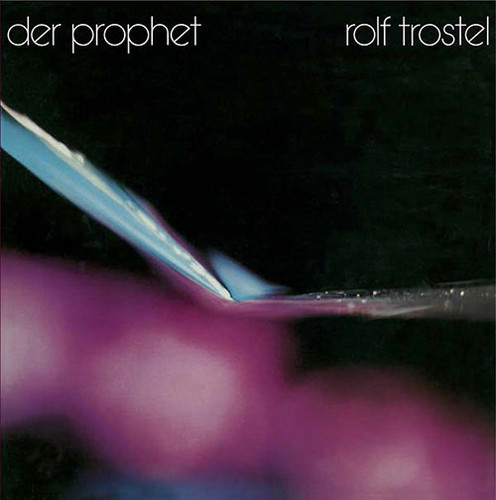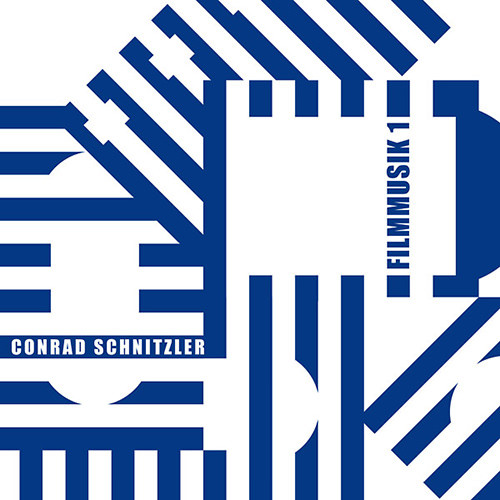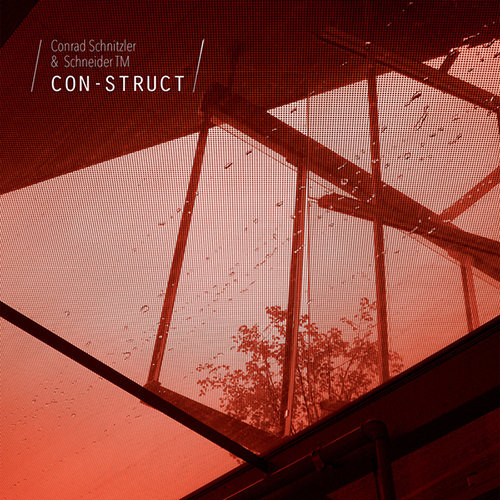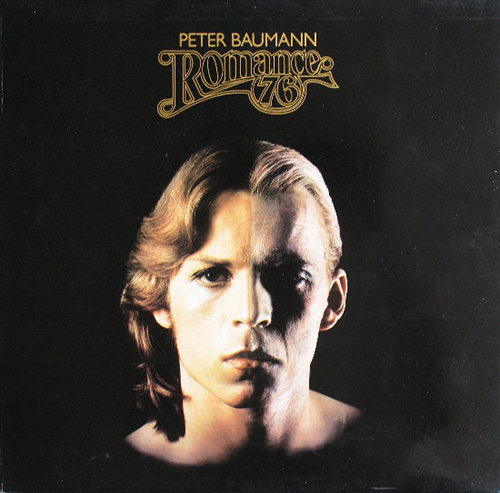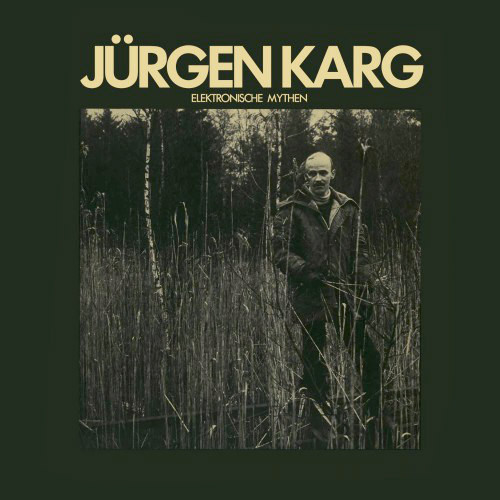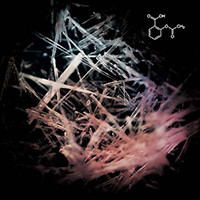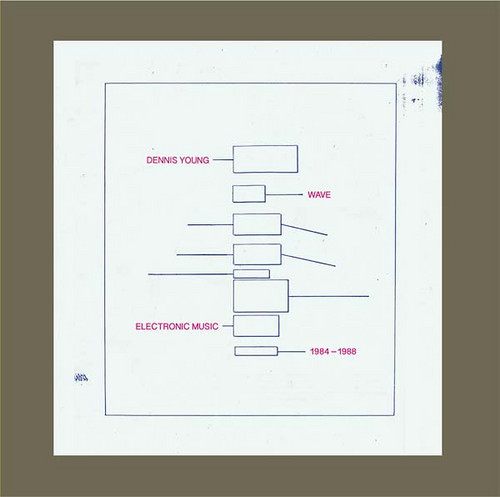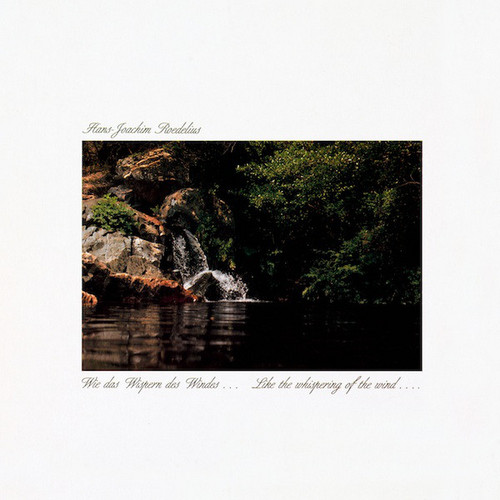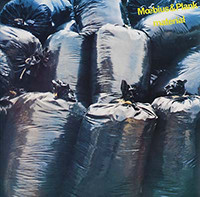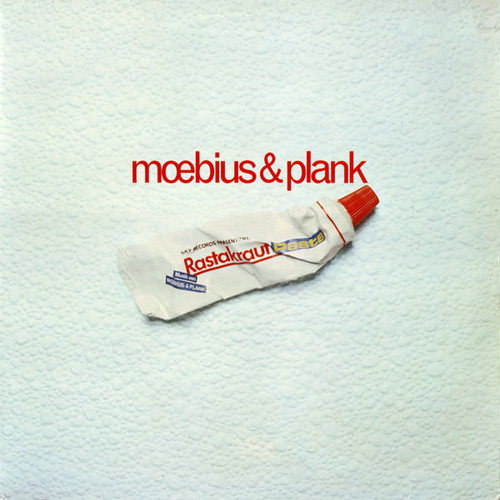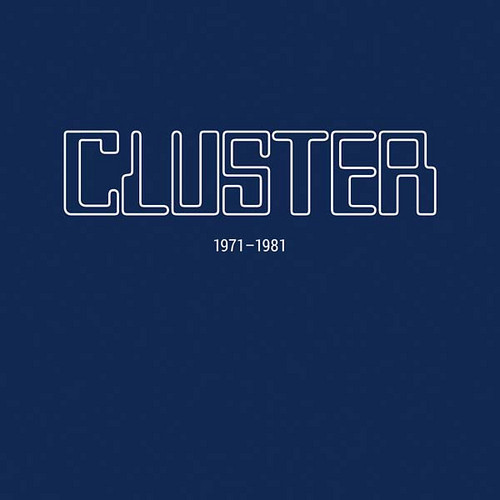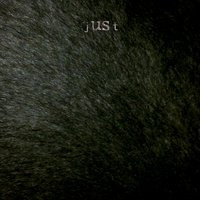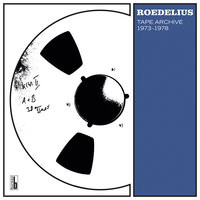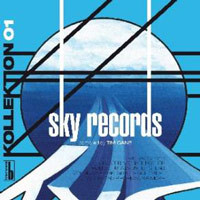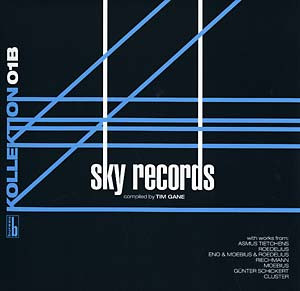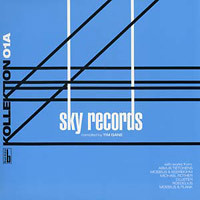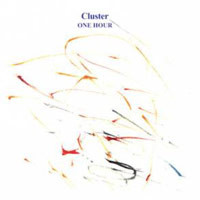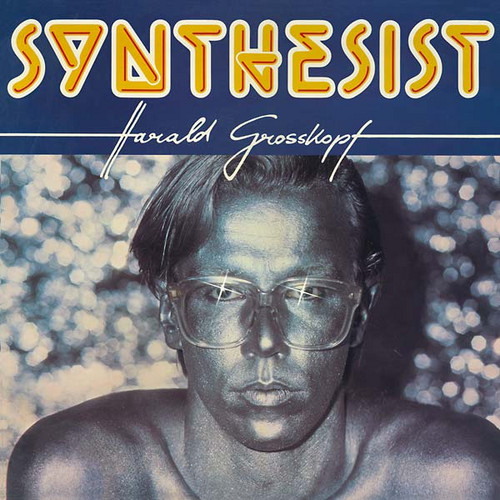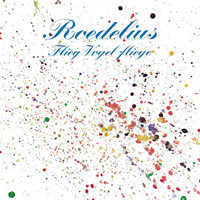★Bureau B
Hingus
LP version. Bureau B presents a reissue of Sven Grünberg's Hingus, originally released in 1981. Sven Grünberg is a famous musician for film and theatre in Estonia - an old hand in the field of electronic ambient music. In 1974, whilst still a music student, he and Härmo Härm founded Mess, a progressive rock band. Grünberg was the first musician in Estonia to use a synthesizer. The ambient electronica of Hingus (Breath), recorded between 1978 and 1980, was spiced up with prog rock and a nod to th…
Der Prophet
LP version. Bureau B reissue Rolf Trostel's Der Prophet (1982). Electronic pop was the musical goal of the Berlin School musician Rolf Trostel on Der Prophet, which was released in the same year as its predecessor Two Faces. Der Prophet is the culmination of this phase of Trostel's oeuvre, which was tightly coupled to the PPG Wave Computer. As on his previous releases, the sonic peculiarities and clanking sounds of wavetable synthesis are emphasized. Yet here they are obviously more interlinked …
Filmmusik 1
LP version. Bureau B present Filmmusik 1, a selection from Conrad Schnitzler's archive. In Conrad Schnitzler's sprawling archive, there are two tapes marked Filmmusik 1975 A and Filmmusik 1980 B. It is hard to say which videos this music belongs to, particularly as the pieces have been left untitled. Perhaps there isn't really any film material at all. The dates are of no great help either, since the tapes feature the same tracks, albeit in varying degrees of quality. Filmmusik 1 presents an ini…
Con-struct
LP version. Includes CD. Conrad Schnitzler (1937-2011), composer and concept artist, was one of the most important representatives of Germany's electronic music avant-garde. A student of Joseph Beuys, he founded Berlin's legendary Zodiak Free Arts Lab, a subculture club in 1967/68, was a member of Tangerine Dream (with Klaus Schulze and Edgar Froese) and Kluster (with Dieter Moebius and Hans-Joachim Roedelius) and also released countless solo albums. Schneider TM (Dirk Dresselhaus) has been invo…
Romance 76
From 1971 to 1977, Peter Baumann was a member of the legendary Berlin band Tangerine Dream. The group were pioneers of the so called Berliner Schule (Berlin School) which had such a profound impact on electronic music. He produced a number of momentous albums at his Paragon Studio (by the likes of Conrad Schnitzler, Cluster, Hans-Joachim Roedelius) and also enjoyed success as a solo artist. His first two solo works are now being reissued with extensive liner notes and rare photographs. The influ…
Elektronische Mythen (Lp=
Jürgen Karg began his music career in the 1960s as a bassist for German jazz legend Wolfgang Dauner. It was not until the 1970s that he switched his attention to electronic music, launching himself wholeheartedly into exploring the genre and building up an extensive collection of synthesizers over a five-year period. His efforts culminated in the 1977 Elektronische Mythen LP, a mighty opus of experimental music that reveals new aspects every time it is played. This is its first reissue. The tech…
Ass
LP version. Includes CD. Three guitarists, three generations, one album. Günter Schickert, Jochen Arbeit, and Dirk Dresselhaus are all renowned Berlin guitarists. They epitomize three generations of experimental musicians; Schickert personifies the krautrock of the 1970s, Arbeit 1980s post-punk, and Dresselhaus the neo-electronica of the late 1990s and 2000s. Their artistic approaches may differ according to their diverse musical backgrounds, yet what they have in common is a fundamental in…
Wave: Electronic Music 1984-1988
LP version. Dennis Young is best known as the percussionist of the New York band Liquid Liquid, who are themselves known for their 1983 track "Cavern," sampled the same year by Grandmaster Flash for "White Lines." In parallel to his work with Liquid Liquid, Young produced his own solo work, including three cassettes released between 1985 and 1988 that form his tribute to the pioneers of electronic music. Wave: Electronic Music 1984-1988 contains the best pieces from these cassettes, as selected …
Wie Das Wispern Des Windes...Like The Whispering Of The Wind
180 gram LP version. Bureau B reissues the eleventh solo album by German keyboardist Hans-Joachim Roedelius, originally released in 1986 on the small Norwegian label Cicada. If we can agree on 1969 as the year of Cluster's inception, then Roedelius needed a good 17 years to discover the aural qualities and musical beauty of the grand piano for his own compositions. More precisely, he must have become aware of the grand piano during the recording sessions for Jardin Au Fou (1979) andLustwandel (1…
Material
LP version. On their second album Material, originally released on Sky Records in 1981, Moebius & Plank ventured far, far away from the double coordinates of the Harmonia world and pop music cosmos. Amazingly, they did not find themselves floating in space, but made an exemplary landing, avoiding getting caught between a rock and a hard place. Material saw them generate a form of genre-busting electronic music, more radical than anything one might have expected to come out of Germany, not even f…
Rastakraut Pasta
1st release from the duo of Dieter Moebius & Conny Plank, originally released on Sky Records in 1980. As the title suggests, this album is heavily influenced by dug & reggae & those rhythms are incorporated into the ambient space-rock one would expect from these German pioneers of Kosmische musik.
1971-1981
Nine-CD box version. Cluster's influence on the development of electronic music cannot be overstated. The original trio of Conrad Schnitzler, Hans-Joachim Roedelius, and Dieter Moebius released two seminal albums as Kluster before Roedelius and Moebius replaced the "K" with a "C" and continued as a duo. They produced eight albums in their most innovative period between 1971 and 1981, two of them together with Brian Eno. Cluster anticipated much of what would later emerge in such varied style…
j US t
Faust for all. The Krautrock legends lay down the musical foundations for everyone else to make something of their own. "j US t" -- pronounced "Just Us" -- is the new album from legendary Hamburg band, Faust. Founding members Jean-Hervé Peron and Zappi Diermaier have laid down 12 musical foundations, inviting the whole world to use them as a base on which to build their own music. The tracks presented by Peron and Diermaier are clearly, intrinsically typical of Faust in their own right, ye…
Tape Archive 1973-1978
MILESTONE! Bureau B releases a limited 3LP box set to celebrate Hans-Joachim Roedelius' 80th birthday. During the legendary Forst years, Roedelius had a private workspace with a Farfisa organ, a Revox-A77 tape machine, an echo device and a synthesizer which he borrowed from the Cluster studio next door, now and again. Here he experimented, practiced, and allowed his imagination to flow at any hour of the day or night, whenever he was not in the studio with Dieter Moebius and/or Michael Rot…
Kollektion 01: Sky Records compiled by Tim Gane: Volume A/B
To provide an overview of the various musical styles in which Bureau B specializes, the label launches a new compilation series entitled Kollektion. Each release in this series will be curated by a musician perfectly suited to the task. The first kick-off release will be: Kollektion 01: Sky Records, compiled by Tim Gane. The erstwhile Stereolab mastermind delves through the archives of the legendary German Krautrock label. More projects to follow: Kollektion 02: Roedelius -- Electronic Music --…
Kollektion 01: Sky Records compiled by Tim Gane: Volume B
To provide an overview of the various musical styles in which bureau b specializes, the label will launch a new compilation entitled kollektion. Each release in this series will be curated by a musician perfectly suited to the task. The first kick-off release will be: Kollektion 01: Sky Records. Compiled by tim gane. The erstwhile stereolab mastermind delves through the archives of the legendary german krautrock label. The record company was founded in the year 1975 and went on to become one of …
Kollektion 01: Sky Records compiled by Tim Gane: Volume A
LP edition, split into two volumes sold separately. To provide an overview of the various musical styles in which Bureau B specializes, the label launches a new compilation series entitled Kollektion. Each release in this series will be curated by a musician perfectly suited to the task. The first kick-off release will be: Kollektion 01: Sky Records, compiled by Tim Gane. The erstwhile Stereolab mastermind delves through the archives of the legendary German Krautrock label. About Sky Records…
One Hour
In 1994 the seminal electronic duo cluster (dieter moebius & hans-joachim roedelius) continued what they had begun in 1990 with "apropos cluster", their comeback album. the more mature "one hour" condenses essential passages from two lengthy sessions into 60 minutes. we hear sprawling soundscapes, clear acoustic sketches, musical extravaganzas, in short: highly impressionistic electronica.
Synthesist
Repressed; LP version. "Harald Grosskopf was in his early twenties when LSD 'blew [his] reality away,' as he recalls. Born in Hildesheim in 1949, he had previously drummed in fairly conventional rock bands, most recently for Wallenstein. Their label-boss Rolf-Ulrich Kaiser was fond of facilitating jam sessions for musicians on his Ohr und Pilz label, often supplying his 'cosmic couriers' with LSD (unbeknown to them, on occasion). In one such session, the drug inspired something of an epiph…
Flieg Vogel Fliege
"Having arrived in austria following a protracted lean period, Roedelius finally had the chance to work in a studio which was not only well equipped, but was also run by a kindred spirit sound engineer. The favourable working conditions, a myriad of new impressions and, by no means least, his personal happiness, saw roedelius and his music flourish. this is discernable on "Flieg vogel fliege", even if only some of the music was created in his new adopted home. if complete insouciance, the accep…
